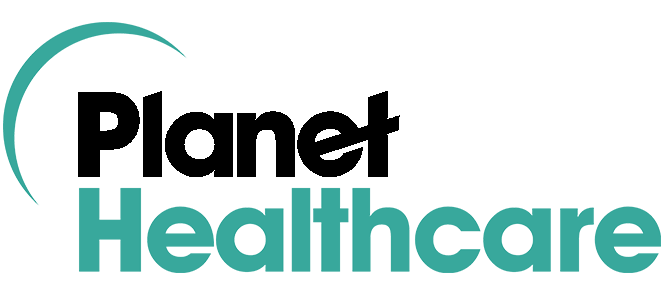If you’re an allied health professional looking for a change, consider connecting with a healthcare recruiter to discuss travel opportunities.
Nurses aren’t the only travel healthcare professionals hired by facilities across the country. Respiratory therapists, surgical technologists, laboratory technologists, and radiologic technologists are critical to a hospital’s workforce. Travel jobs can help you develop new skills, meet new people, and explore new areas of the country.
You probably have questions about what allied health professions are eligible for travel positions and how to get started as a traveler. Let’s dive in and answer some of those questions!
How do I qualify for a job as a travel allied health professional?
All travel positions require at least two years of recent facility experience in your field. The education and licensing requirements will depend on your professional role.
Respiratory Therapist (RT)
- Education
- An associate degree from an accredited program
- Certifications
- Certified or registered through the National Board for Respiratory Care (NBRC)
- Basic Life Support (BLS)
- Advanced Cardiac Life Support (ACLS)
- Some positions require Pediatric Advanced Life Support (PALS) or Neonatal Resuscitation Program (NRP)
- License
- Possess a valid license for the state in which you want to practice
Surgical Technician
- Education
- An associate degree from an accredited program
- Certifications
- The National Board of Surgical Technology and Surgical Assisting (NBSTSA)
- BLS
- Some states require additional licensure and certifications
Laboratory Technician
- Education
- A bachelor’s degree in microbiology or other related major
- Certifications
- American Society for Clinical Pathology (ASCP)
Radiologic Technologist
- Education
- Associate degree in a related field of study
- Certification through a relevant registry
- American Registry for Diagnostic Medical Sonography (ARDMS)
- American Registry of Radiologic Technologists (ARRT)
I’m an allied health professional with two years of experience. How do I get my first travel job?
The best way to start this next phase of your career is to connect with other travelers and recruiters. Join relevant Facebook groups or check out the Wanderly App. Consider searching for agencies and recruiters on Monster, Indeed, or LinkedIn.
Ask travelers questions about their experiences. What do they like about traveling? What do they not like? What would they do differently if they had to start over again?
Think about where you would like to work. Are there certain areas of the country or specific hospitals that interest you? Maybe you’re considering a move and would like to test the waters to decide which facility suits you best.
Consider sticking close to home for your first assignment. You can try out the travel lifestyle without moving if you stay within a 2-hour drive of home.
Make a list of your assignment must-haves. Do you have a minimum salary requirement? Would you consider traveling to other states or do you prefer to stay close to home? Share your list with your recruiter. Knowledge of your preferences helps your recruiter find jobs that work for you!
What should I look for in a recruiter?
A recruiter should want to get to know you. Your recruiter should be responsive to your questions, open to discussing all aspects of an assignment, and honest in their answers. They, and you, benefit from a good working relationship.
Ask your recruiter what types of facilities and what trauma levels are available. Are the hospitals located in the inner city or the suburbs? What does the day-to-day work experience look like for a specific facility?
Benefits packages vary from agency to agency. Do your homework and compare packages before signing on the dotted line. You can accept the benefits package or get paid a higher rate. Declining the benefits package may allow you to save money if you purchase benefits privately.
Does the agency offer travel reimbursement? Do they pay for your license renewals or recertifications? Make sure you ask what licensing and certifications you need for the state where you will practice. For example, lab techs may require additional licensing if they move to a different state.
Look for an agency that helps with the compliance process, like Planet Healthcare. Our recruiters work with travelers to make sure compliance documents are submitted on time.
I want to go to school to be an allied healthcare professional so that I can pursue travel jobs. What should I know before deciding which career is right for me?
All allied roles require, at a minimum, an associate degree and relevant certifications. Facilities typically require at least 2 years of experience before they’ll hire you for a travel position.
Are you flexible? Do you thrive in a rapidly changing environment? If you answered yes to these questions, you may enjoy the fast-paced world of traveling healthcare professionals.
Do your research and learn what a typical day looks like for each role. Ask yourself if you could see yourself in one of these professions.
Would you thrive working in the operating room? Are you a quick thinker? You might like a career as a surgical tech.
Do you love biology, testing specimens, and working with laboratory equipment? Consider becoming a lab tech.
Do you want to work with patients who are ventilated or have lung disease? Respiratory therapists, heroes of the recent pandemic, can choose to work with children or adult and geriatric populations.
Would you prefer to work as a radiology tech? Radiologic technologists use diagnostic imaging technology to take x-rays and perform MRIs and CT scans. This field includes subfields, such as mammography, sonography, and cardiac interventional radiography.
Whether you are already an allied health professional or are considering an allied health career, with the right education and experience you can pursue travel positions across the country. A recruiter at Planet Healthcare can help you plan the next step in your career as a valued healthcare team member.



